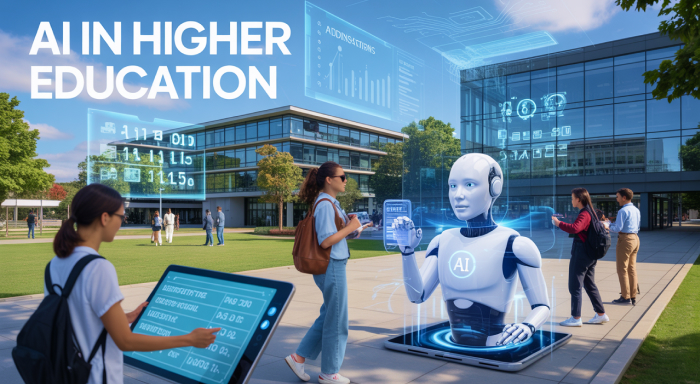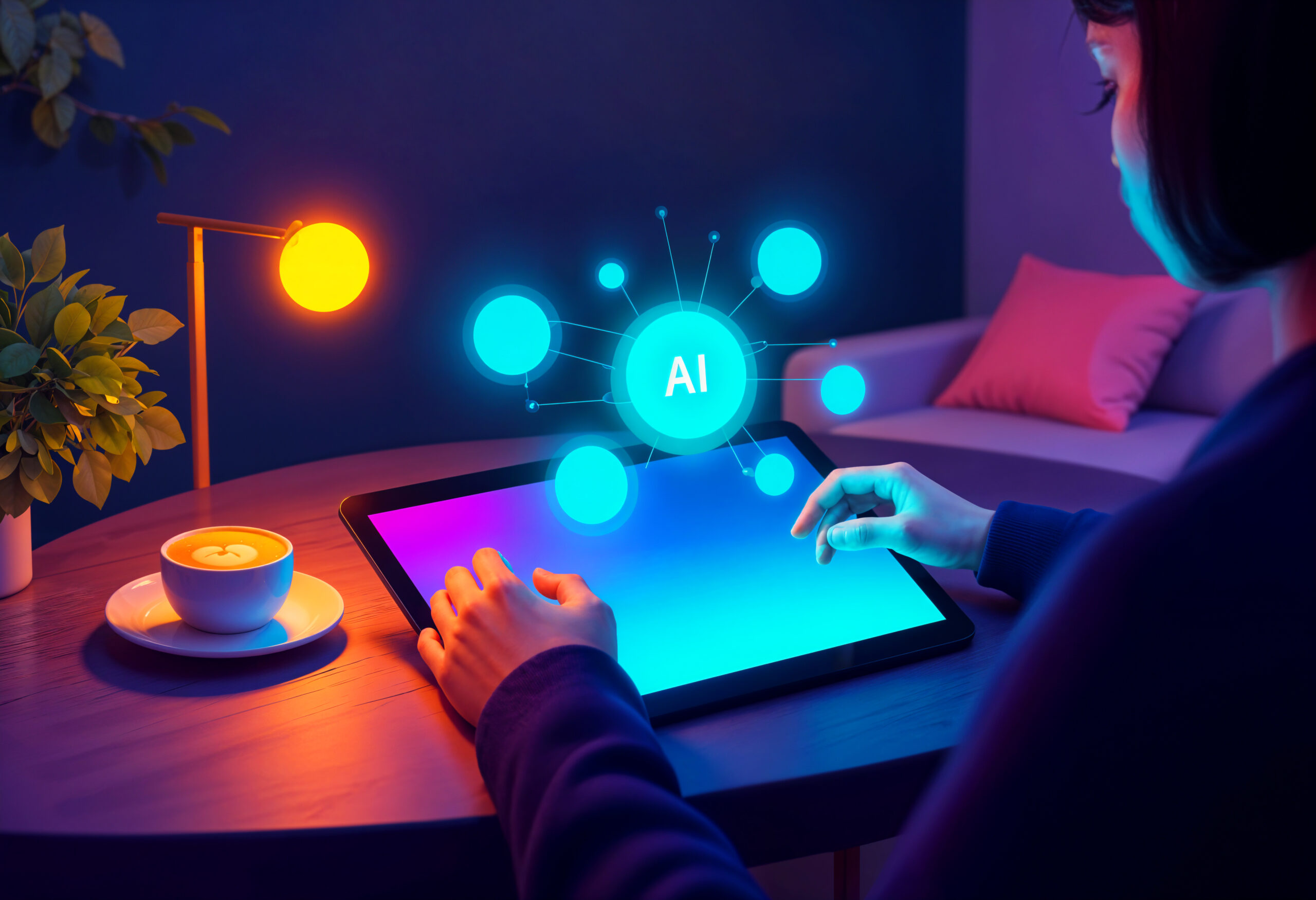AI in Higher Education: Faster Admissions & Smart Scheduling
Artificial Intelligence (AI) is no longer a sci-fi or flagship research lab concept. It’s now actually changing the way all kinds of institutions function — and nowhere more so than in higher education. From automating admissions to improving scheduling students and bolstering academic advising, AI in higher education is making universities smarter and more responsive institutions.
With higher education institutions being put in the middle of rising calls to be more efficient, more productive, and drive student success while also individualizing the learning experience, AI has emerged as a key solution to these challenges. Let’s explore how institutions are using AI to enhance three of their core functions: admissions, scheduling, and student advising.
The Evolution of AI in Education
Prior to diving into practical use cases, a nod to the broader change underway in academia is valuable. Legacy higher education models have long relied on clunky processes and rigid systems. With the era of the digital — especially post-pandemic — imperatives of flexibility, responsiveness, and personalization have increased.
It has created a space for AI to come in and support universities:
- Automate routine tasks
- Predict student behavior and outcomes
- Streamline decision-making through analytics
- Provide personalized support at scale
Simply put, AI in education isn’t about substituting human beings — it’s about unleashing them to do what they’re best at: high-impact interaction, mentoring, and innovation.
AI-Powered Admissions: Productivity with a Personal Touch
University admissions staff are generally overwhelmed with thousands of applications, each loaded with grades, essays, recommendations, and extracurricular history. Reading each nuance by hand is not only time-consuming but also susceptible to prejudice and inconstancy.
Step in AI.
AI technologies are now assisting universities to:
- Process applications quicker via natural language processing (NLP) to read essays and recommendation letters.
- Forecast student success by contrasting candidate profiles with past enrollment and performance trends.
- Identify suspected fraudulent activity in documents or test scores via anomaly detection software.
And AI doesn’t make the final judgment — it assists human admissions staff by pointing out best-fit candidates, indicating risks, and streamlining review. This combination of automation and human discretion makes the admissions process more fair and efficient.
Smart Scheduling: Smarter, Conflict-Free Calendars
Course scheduling has long been a scheduling headache: balancing faculty availability, student interest, classrooms, and academic need — simultaneously. Traditionally accomplished using spreadsheets or outdated software, the task was both prone to errors and rigid.
With AI in education, course scheduling is being transformed:
- AI schedulers can search huge datasets to generate class schedules with ease automatically that reduce conflicts and optimize room capacity.
- Individualized education counseling enables students to construct schedules according to learning profile, academic goal, and even after-school activities.
- Predictive modeling provides assurance that most-sought-after courses are made available when requested to avoid over-enrollment in sections or vacant lecture rooms.
The outcome is not merely logistical effectiveness but improved student satisfaction and academic achievement.
Smarter Student Advising with AI Assistants
Advising is an essential component of student success, but most institutions struggle to accomplish advising at scale. Advising staff are usually overwhelmed, and students themselves may not get the prompt guidance they need to stay on track.
AI enters the stage here.
- AI chatbot assistants can provide routine student questions 24/7 — from course prerequisites to registration deadlines.
- Predictive analytics assists advisors by telling them when students are at risk, i.e., low attendance, grades, or participation, so they can act early.
- AI can assist in making major, minor, and elective suggestions based on a student’s potential and career objectives.
By answering repetitive questions and alerting critical ones, AI frees up human advisors to concentrate on mentoring and tough choices.
Challenges and Ethical Considerations
Of course, with the introduction of AI in learning, there are some issues. Universities need to be careful about:
- Data protection and safety: How the data of students is handled is of utmost concern.
- Bias in algorithms: AI systems need to be regularly audited to check for fairness and equity.
- Transparency: Students and workers need to know how AI tools make decisions that affect them.
Effective deployment and management are critical to make sure AI is an aid — not a burden — to educational standards.
The Road Ahead: Toward AI-Augmented Campuses
As colleges and universities continue to accelerate their implementations of digital transformation, AI will be utilized not only in back-office functions, but improving the overall student experience. Imagine campuses where:
- Chatbots guide students toward mental health counseling
- AI tutors support challenging courses
- Enrollment systems are continually refining in real-time trends
It’s not in the future — it’s already underway at top institutions worldwide.
Final Thoughts
AI in education isn’t a trend — it’s a paradigm shift. Harness AI to enhance admissions, scheduling, and advising, and universities not only optimize operational efficiency but enhance student results and access to care as well. The challenge is balancing intelligent automation and emotional intelligence.
For those prepared to shake things up responsibly, AI is a powerful partner in building smarter, more inclusive, and future-proofed campuses.














Post Comment